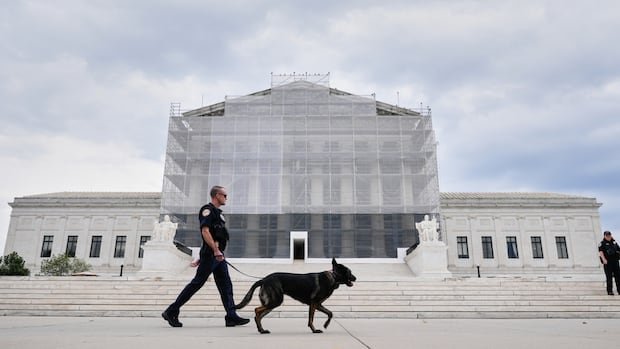The Trump administration has urged the Supreme Court to support its directive on birthright citizenship, which states that children born to undocumented or temporarily residing parents in the U.S. are not automatically granted American citizenship. This plea, disclosed to The Associated Press, initiates a legal process in Washington, D.C., that may result in a conclusive verdict from the justices by early summer regarding the constitutionality of these citizenship limitations.
Despite lower courts halting the enforcement of these restrictions nationwide, the administration is not seeking immediate implementation pending the court’s decision. The Justice Department’s petition, penned by Solicitor General D. John Sauer, emphasizes the significance of the policy to the president and its impact on border security, arguing that the lower court rulings unjustly grant citizenship to hundreds of thousands of ineligible individuals.
On the opposing side, Cody Wofsy, representing affected children through the ACLU, contends that the executive order is unequivocally unconstitutional. He asserts that no maneuvering by the administration can alter the illegality of the order, vowing to protect every child’s citizenship from being revoked by what he deems a harsh and baseless directive.
The executive order, signed by Trump at the start of his second term in January, has faced criticism for potentially contradicting the 14th Amendment of the Constitution, which traditionally grants citizenship to all individuals born on U.S. soil. Despite a Supreme Court decision limiting the use of nationwide injunctions, lower courts have consistently deemed the executive order unconstitutional, citing its potential violation of the 14th Amendment’s core principles.
In the ongoing legal battle, the administration is challenging two key cases: one from the 9th Circuit Court of Appeals in San Francisco and the other from a federal judge in New Hampshire. These cases have raised concerns over the nationwide implications of birthright citizenship and its effects on state-to-state differences in citizenship status. The administration’s stance is that children born to non-citizens do not fall under U.S. jurisdiction and, therefore, do not merit automatic citizenship.
The resolution of these legal disputes is awaited, as the Supreme Court deliberates on the contentious issue of birthright citizenship and the constitutional validity of the administration’s directive.

